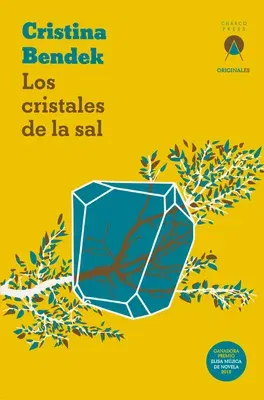"El Caribe es un ombligo, profundo, infinito.... susurro. Me aprietan
unos músculos firmes, me hace cosquillas la brisa de un aliento fresco.
Tiembla San Andrés extasiada. Y tiemblo yo."Regresar a san Andrés hace
que Victoria Baruq cuestione su relación con la isla. Una foto
inquietante de sus tatarabuelos y el raro encuentro con Maa Josephine,
una anciana raizal a quien conoce frente a la First Baptiste Church, son
algunos de los detonantes que empiezan a revelar detalles de sus
orígenes. Su pasado no solo la pone en contacto con la desconocida
historia de la isla, sino también con los movimientos sociales que,
entre zouk y calipso, celebran la identidad raizal, hacen thinking
rundowns, resisten.Esta obra fue ganadora del Premio de Novela Elisa
Mújica 2018 (Colombia).
San Andrés rises gently from the Caribbean, part of Colombia but closer
to Nicaragua, the largest island in an archipelago claimed by the
Spanish, colonized by the Puritans, worked by slaves, and home to Arab
traders, migrants from the mainland, and the descendents of everyone who
came before. For Victoria - whose origins on the island go back
generations, but whose identity is contested by her accent, her skin
color, her years far away - the sun-burned tourists and sewage blooms,
sudden storms, and 'thinking rundowns' where liberation is plotted and
dinner served from a giant communal pot, bring her into vivid, intimate
contact with the island she thought she knew, her own history, and the
possibility for a real future for herself and San Andrés.

